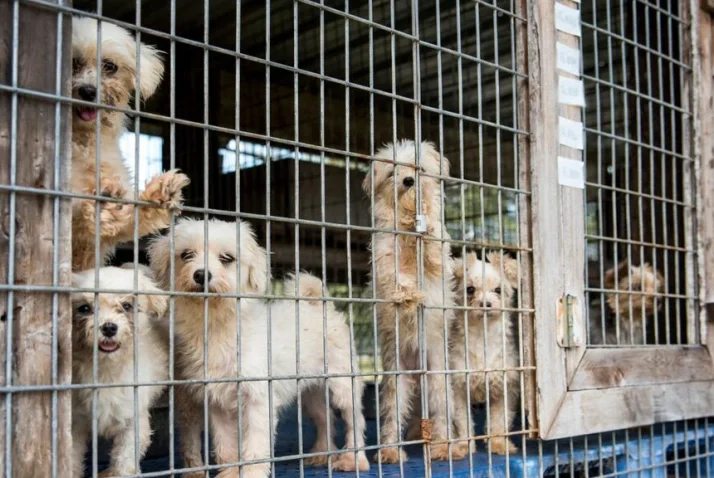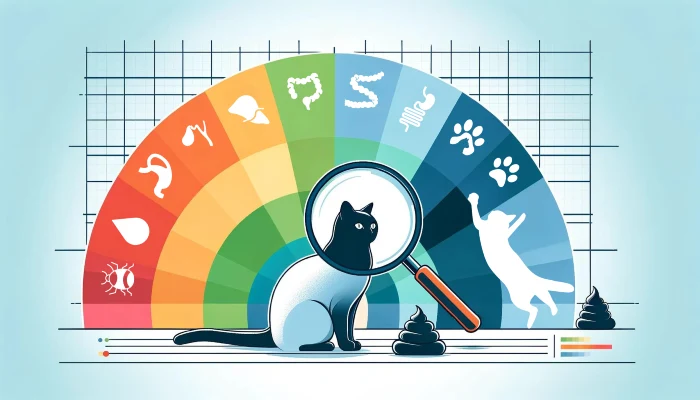Puppy mills are a dark reality of the pet industry, with devastating consequences for dogs and their well-being. These large-scale breeding operations prioritize profit over the welfare of animals, resulting in serious genetic issues, inhumane treatment, and an oversupply of puppies.
In this article, we will explore the urgent need to shut down puppy mills, the countries where they are already illegal, the genetic damage inflicted on dogs, the mistreatment of breeding females, alternatives to purchasing from puppy mills, and key warning signs to identify puppies from these establishments. Let’s dive into this critical topic with compassion and dedication to protecting our four-legged friends.
The Rise of Puppy Mills: Origins, Motivations, and Financial Incentives
Puppy mills have unfortunately gained prominence over the years, fueled by various factors that have contributed to their proliferation. Understanding the origins and motivations behind these operations helps shed light on the complex issue at hand.
Origins of Puppy Mills
The origins of puppy mills can be traced back to the post-World War II era, when a rising demand for puppies, often driven by commercial interests, emerged.
The concept of large-scale dog breeding facilities began to take hold as a way to meet the increasing demand for puppies, especially in urban areas.
The Greedy Motivations Behind Puppy Mills
The motivations behind puppy mills predominantly revolve around financial gain.
Puppy mill operators prioritize quantity over quality, aiming to produce as many puppies as possible to maximize profits.
This profit-driven mentality often leads to the neglect of crucial aspects of responsible breeding, such as proper care, socialization, and genetic health screening.
Financial Incentives
Puppy mills can be highly lucrative businesses due to the high demand for puppies, particularly popular breeds or designer mixes. And when we say, financial incentives, here’s what we mean:
Mass Production: By focusing on volume rather than individual care, puppy mills can produce a large number of puppies to meet the demand of the pet market. This allows them to generate significant revenue through the sale of puppies.
Low Overhead Costs: Puppy mills typically prioritize profit over the well-being of the animals. They often operate in substandard conditions, with minimal expenses allocated for proper care, veterinary services, or quality facilities. This cost-cutting approach boosts their profit margins.
Lack of Regulation: In certain regions, lax regulations or inadequate enforcement regarding breeding standards and animal welfare contribute to the financial viability of puppy mills. The absence of strict oversight allows these operations to continue operating with minimal consequences.
Demand for Popular Breeds: Puppy mills capitalize on the demand for specific breeds or trendy mixes, as these puppies often command higher prices in the market. The allure of owning a particular breed or designer dog prompts individuals to seek out these puppies, inadvertently supporting the puppy mill industry.
Of course, not all breeders who produce numerous puppies are considered puppy mills.
Responsible and ethical breeders prioritize the health and welfare of their dogs, ensuring proper care, socialization, and adherence to breed standards.
The distinction lies in the conditions in which the dogs are bred and raised, as well as the breeder’s commitment to the well-being of their animals.
By understanding the origins, motivations, and financial incentives behind puppy mills, we can work together to combat this issue.
By choosing responsible adoption, supporting reputable breeders, and advocating for stricter regulations, we can foster a society where the welfare of animals is prioritized over financial gain.
The Global Movement Against Puppy Mills
Thankfully, many nations have recognized the cruelty and harm caused by puppy mills, leading to the prohibition of these operations.
While the following list may not be long, it’s at least a great start!
United Kingdom
The UK implemented legislation known as Lucy’s Law in 2020, banning the sale of puppies and kittens from third-party sellers, effectively ending the commercial aspect of puppy mills.
Australia
Several Australian states, such as Victoria, New South Wales, and Queensland, have strict regulations in place to combat puppy mills and promote responsible breeding and pet ownership.
Canada
Certain provinces in Canada, including Quebec and British Columbia, have enacted legislation to regulate and restrict the activities of puppy mills.
Genetic Damage to Dogs
Puppy mills prioritize quantity over quality, leading to severe genetic issues in the dogs they breed. Due to reckless breeding practices, common genetic problems in puppy mill dogs often include…
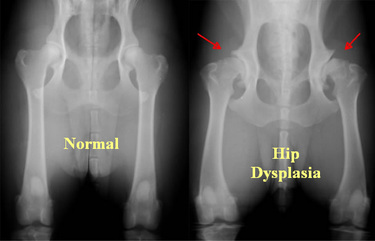
Hip dysplasia
A painful condition where the hip joint does not develop properly, leading to lameness and mobility issues.
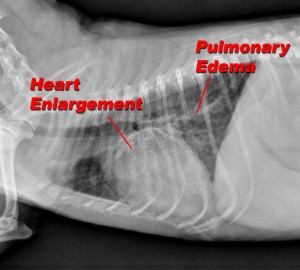
Heart disease and more
Genetic predispositions to heart conditions including enlarged heart and pulmonary edema can result in serious health complications.
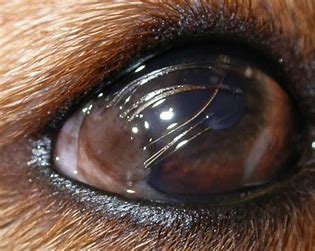
Eye and ear disorders
Irresponsible breeding can contribute to inherited eye diseases such as the flawed cornea seen at the left and deafness in puppies.
Mistreatment of Breeding Females
The breeding females in puppy mills endure unimaginable suffering. These dogs are often kept in cramped, unsanitary conditions, with little to no veterinary care or socialization.
Female dogs are repeatedly bred with minimal recovery time, leading to physical and emotional distress.
Their lives are filled with suffering and neglect, devoid of the love and care they deserve.
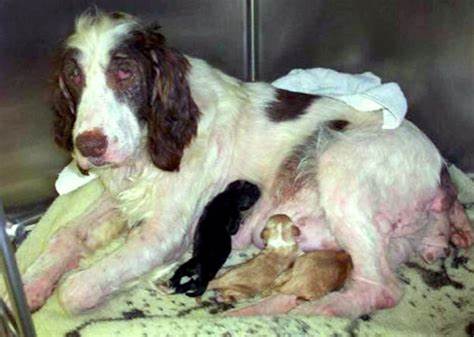
Responsible Alternatives to Puppy Mills
Adoption
Consider adopting a dog from a local animal shelter or rescue organization. These animals are in need of loving homes and provide an opportunity to give a second chance to a deserving dog.
Reputable Breeders
If you are looking for a specific breed, research and find reputable breeders who prioritize the health and well-being of their dogs. Responsible breeders conduct health screenings, provide proper socialization, and genuinely care about the welfare of their animals.
Breed-Specific Rescues
Look for breed-specific rescue groups that focus on rescuing and rehoming dogs of specific breeds. They have in-depth knowledge about the breed and can help match you with a compatible dog.
Warning Signs That You're About To Adopt From A Puppy Mill
To avoid inadvertently supporting puppy mills, keep an eye out for these common signs next time you’re looking to purchase a puppy:
- Puppies available year-round, regardless of breed availability or seasonality.
- Multiple breeds or "designer" mixed breeds available.
- Puppies sold in pet stores or through online platforms with limited background information.
- Lack of transparency regarding the breeding facility or reluctance to provide proper documentation.
- Unwillingness to allow potential buyers to visit the breeding premises or meet the puppy's parents.
The fight against puppy mills is essential for the well-being and protection of dogs. By shutting down these inhumane operations, we can help put an end to the genetic damage inflicted on innocent animals and the mistreatment of breeding females.
By choosing responsible adoption or reputable breeders, we can ensure that our four-legged companions receive the love, care, and healthy start in life they deserve.
Together, let’s raise awareness, support legislation against puppy mills, and make compassionate choices to safeguard the welfare of our beloved dogs. By standing against puppy mills, we can create a world where every dog is treated with kindness, respect, and the opportunity to live a happy, healthy life by our sides.








